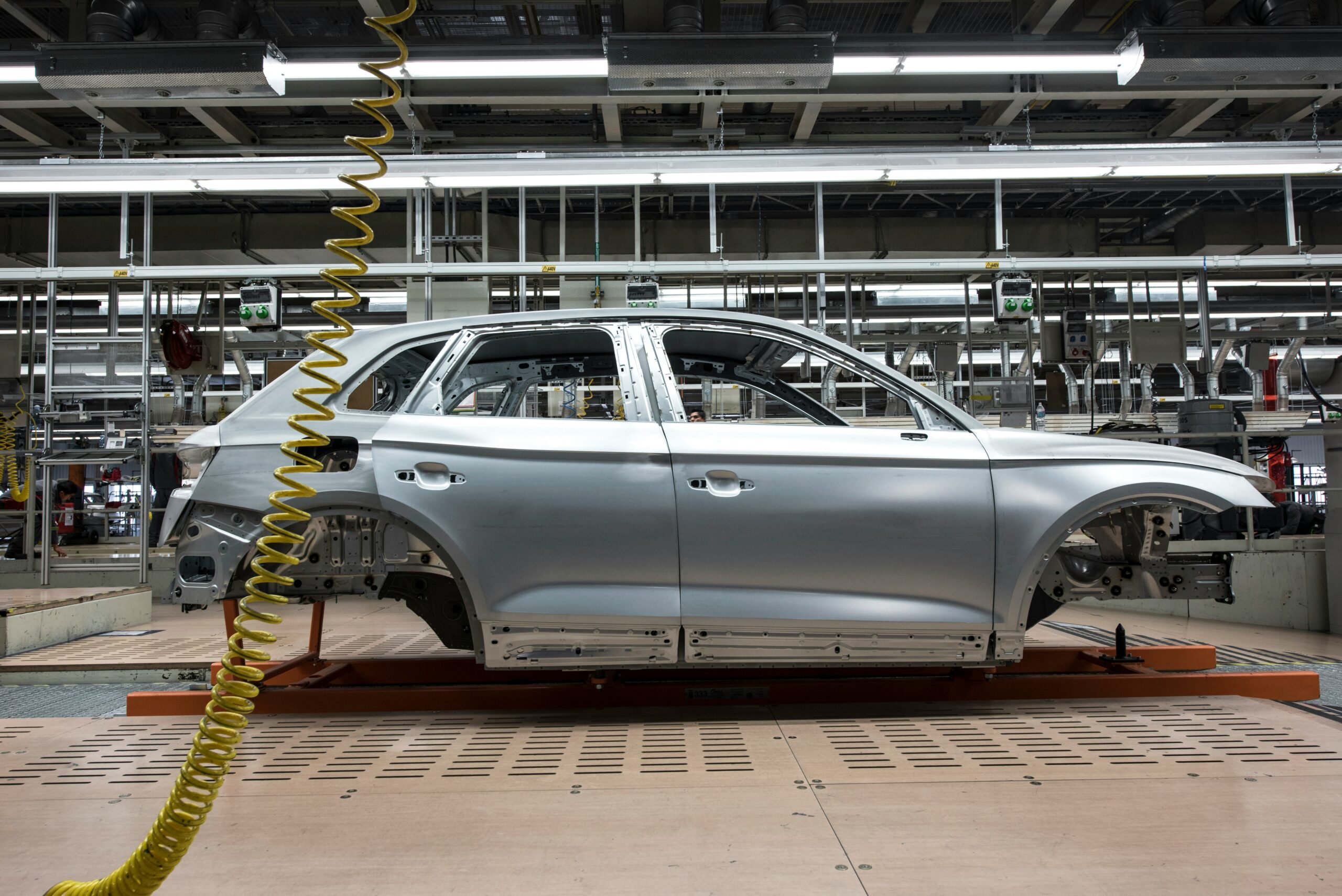President Donald Trump’s latest announcement to impose a 25% tariff on imported cars and car parts has ignited fresh debate on trade, manufacturing, and the broader U.S. economy. This morning on Chicago’s Morning Answer, Dan Proft and Amy Jacobson welcomed investment banker and economic analyst Christopher Whalen to break it all down.
Whalen, chairman of Whalen Global Advisors LLC and editor of The Institutional Risk Analyst, joined the show with a sharp analysis of what this move could mean for American consumers, businesses, and global trade partners. He also previewed ideas from his soon-to-be-released book, Inflated: Money, Debt and the American Dream, which explores the pressures weighing on the U.S. economy—and how policy choices like this one play into them.
The new tariffs are set to take effect on April 2, with car imports targeted first and car parts to follow in May or later. The Trump administration claims the move will lead to “tremendous growth” in the domestic auto industry, boosting jobs and incentivizing investment in U.S.-based manufacturing.
But with around 8 million vehicles imported into the U.S. last year—representing about $240 billion in trade and nearly half of all car sales—the move could have wide-ranging implications. Major sources of imports include Mexico, South Korea, Japan, Canada, and Germany. While Canada and Mexico are temporarily exempt from the parts tariffs, their cross-border trade with the U.S. remains deeply intertwined with American auto production under long-standing trade agreements.
Whalen offered both praise and caution during the conversation. He acknowledged the need to support American industry but warned that new tariffs, depending on implementation, could drive up consumer prices and spark retaliation abroad.
Photo by carlos aranda on Unsplash





